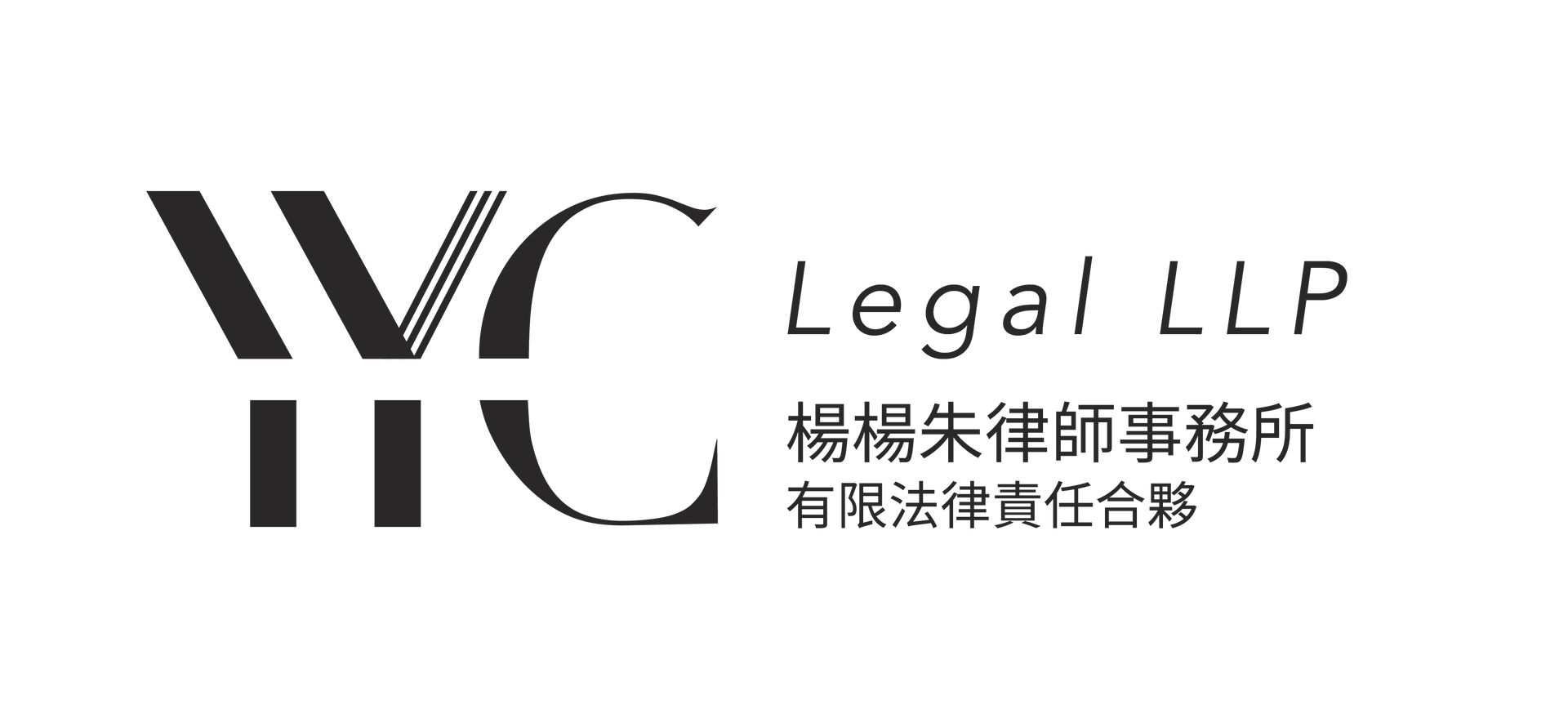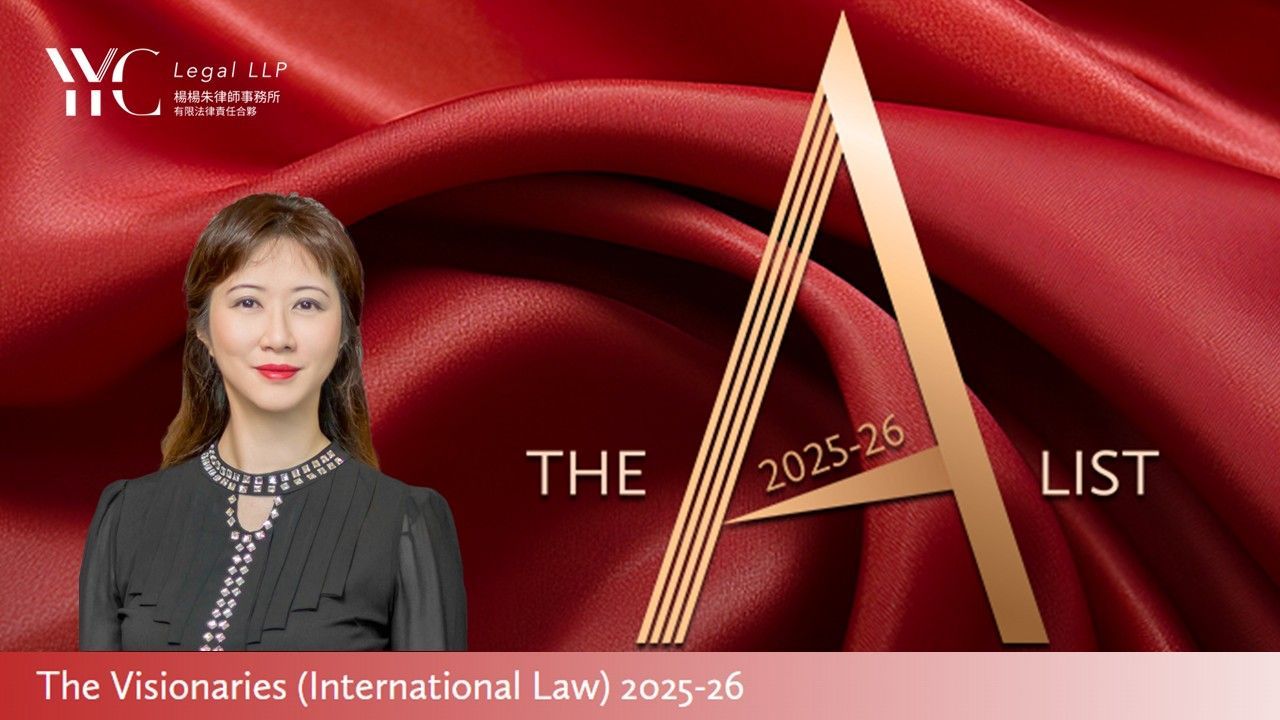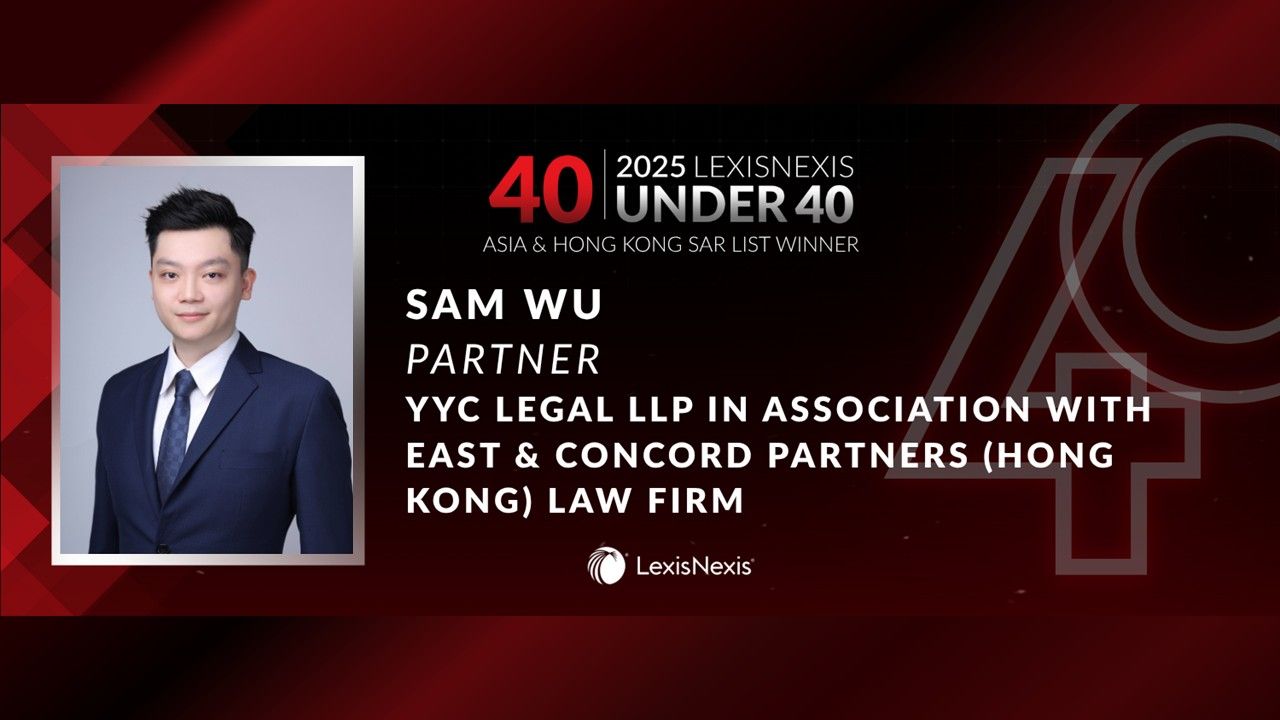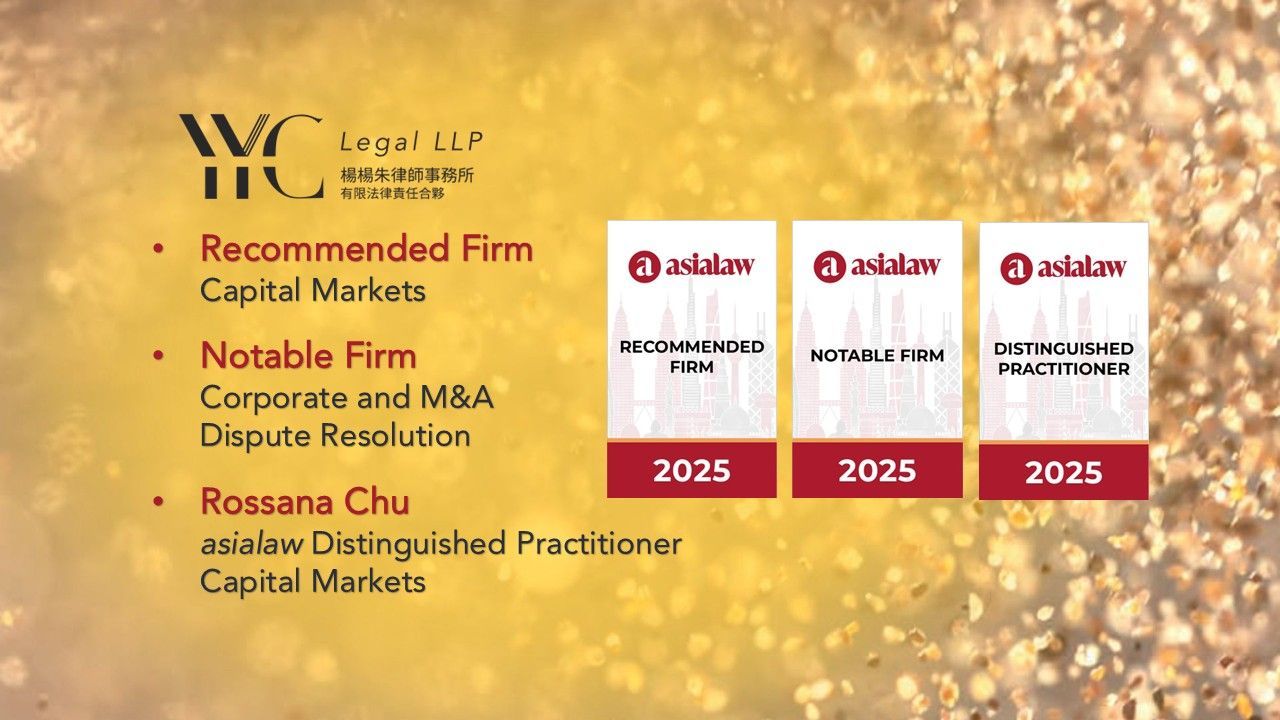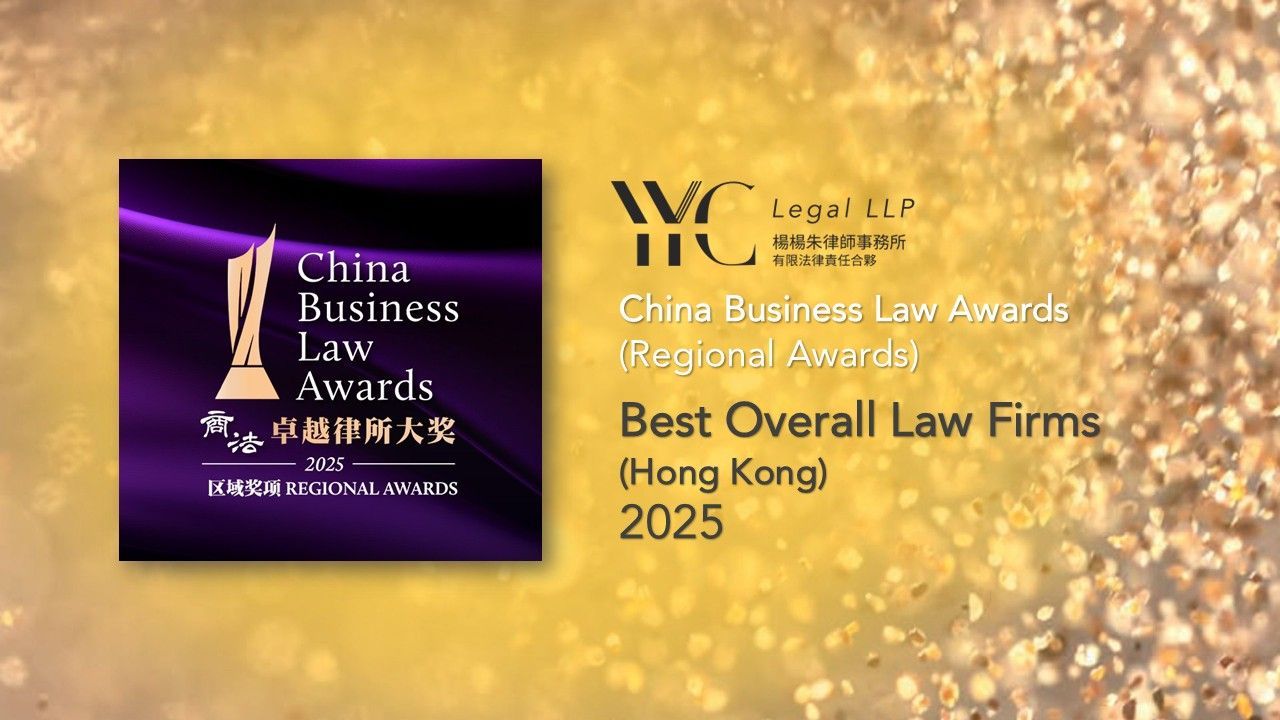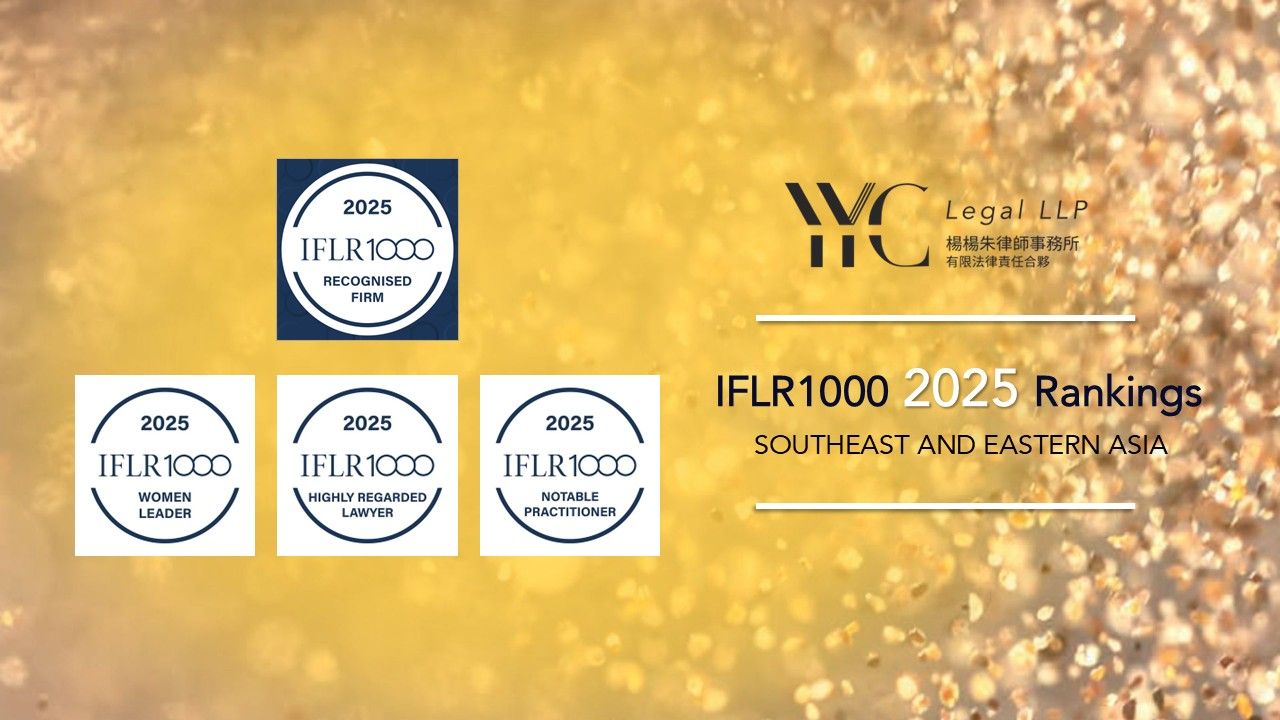The Stock Exchange of Hong Kong published the Consultation Paper on Review of Corporate Governance Code and Related Listing Rules. Enhanced requirements on board effectiveness, gender diversity, risk management and dividend policy are introduced to the 2,600 Hong Kong-listed companies, together with relevant additional disclosure obligations. Most will apply to financial years commencing on or after 1 July 2025.
HKEX conclusions on review of Corporate Governance Code
HKEX conclusions on review of Corporate Governance Code
Lead independent non-executive directors (INEDs). Where the chairman of the board is not an INED, the listed company is encouraged to designate an INED as the “lead INED” to serve as an intermediary for the other directors and shareholders, and act as an alternative communication channel in case of inadequate communication with the chairman or management.
Disclosure on shareholder engagement. Each company must enhance disclosures on the board’s engagement with shareholders in its corporate governance report (CG Report), such as the nature and frequency of engagement, the shareholders and company’s representatives involved, and follow-up approaches.
Mandatory director training. Directors must receive mandatory continuing professional development annually on specified topics (including directors’ responsibilities and issuers’ obligations, corporate governance, ESG, risk management and internal controls, and industry-specific updates). First-time directors and those individuals who have not served as directors of Hong Kong-listed companies for the three years before appointment must complete at least 24 hours of training within 18 months of appointment. At least 12 hours of training are required for first-time directors who have served as directors of companies listed in other jurisdictions within the three years before the appointment. Certain information on the training received by directors (e.g. hours, format, topic and training provider) must be disclosed in the CG Report.
Board performance review. Each company must conduct a formal evaluation of the performance of the entire board (but not individual directors) at least once every two years, with specific disclosures to be made in the CG Report.
Board skills matrix. A listed company must disclose in its CG Report: (1) the board’s existing skills, (2) how the combination of skills, experience and diversity of directors serves the company’s purposes, values, strategy and desired culture, and (3) details and plans to acquire further skills. The current practice of simply listing out the directors’ qualifications and experience will no longer be sufficient.
Overboarding INEDs and directors’ time commitment. Each INED can only serve as a director of up to six Hong Kong listed companies concurrently – this hard cap will apply to existing listed companies from the first annual general meeting held on or after 1 July 2028. Also, the nomination committee of each company must annually assess and disclose in the CG Report each director’s time commitment and contribution to the board.
INED serving for more than nine years.
A hard cap of nine years on the tenure of INEDs is imposed, i.e. a director will cease to be considered independent after serving in that role for 9 years or more (long-serving INED). By the first annual general meeting held on or after 1 July 2028, the company must ensure that long-serving INEDs do not constitute the majority of the INEDs on its board. By the first annual general meeting held on or after 1 July 2031, it must no longer have any long-serving INEDs. The CG Report must include the tenure length of each director.
Under Board and workforce diversity. At least one director of a different gender must be appointed to the board no later than 31 December 2024. In addition to this requirement, the nomination committee must also have at least one director of a different gender. The company must also maintain and disclose a diversity policy for its workforce (including senior management), in addition to the board diversity policy. The board must review annually the implementation of its board diversity policy. The gender ratio of senior management and of the workforce must be disclosed separately in the CG Report.
Risk management and internal control (RMIC). A listed company must conduct annual reviews of the effectiveness of the RMIC systems of itself and its subsidiaries. The review scope should encompass all material controls, including financial, operational and compliance controls. It should consider (1) changes in the nature and extent of significant risks, including ESG risks; (2) the company’s ability to respond; (3) the quality of management’s ongoing monitoring of risks; (4) frequency of communications with the board for assessing the RMIC systems; (5) effectiveness of the company’s processing for financial reporting and listing rules compliance; and (6) adequacy of internal and external resources for designing, implementing and monitoring the RMIC systems.
Furthermore, the company must make detailed disclosures in its CG Report on (1) key features of the RMIC systems; (2) any significant changes in the risks assessment and the RMIC Systems; (3) whether the review is conducted by an internal audit function or external providers; (4) the board’s conclusion on the appropriateness and effectiveness of the RMIC systems with supporting information; (5) review scope and findings; and (6) where applicable, significant control failings or weaknesses identified during the review and remedial steps taken or proposed.
Dividend policy. A listed company with a dividend policy must disclose in the CG Report a summary of the policy and key factors that the board will take into account when deciding whether to declare a dividend. Where the company does not have a dividend policy, it must clearly set out such fact and give reasons. In any event, it must disclose (1) where a dividend is declared during the year, the reasons for any material variation in the dividend rate compared to that for the previous corresponding period; and (2) where the board decides not to declare any dividend, the reasons and the measures that the company intends to take to enhance investors’ return.
YYC Legal LLP is in Association with East & Concord Partners (Hong Kong) Law Firm.
First published in March 2025 YYC Legal - legal trends of China Business Law Journal.
This material has been prepared for general informational purposes only and is not intended to be relied upon as professional advice. Please contact us for specific advice.
Recent articles

Recent News
